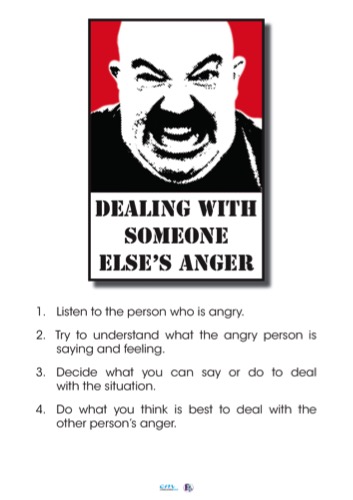Dr Matt Currie is an ART Master Trainer and Quality Assurance Specialist. For more than 20 years Dr Currie has delivered ART groups with aggressive youth throughout Australia and provided training and consultancy service to adult and youth correctional agencies in the UK and Australia. The ART professional development program provides participants with an understanding of the theory underpinning ART and experiential learning of the practice over a four day training program.

Aggression Replacement Training (Goldstein, Glick & Gibbs, 1998) is a multi-modal, cognitive-behavioral, group program designed to reduce the aggressive and antisocial behaviours of young people. Several studies in both community and custodial settings have been conducted in order to assess the efficacy of ART. Results have shown improvement in pre- to post-treatment follow-up measures of anger control, decrease in the frequency of acting-out behaviours, increase of prosocial behaviours and significant reduction in recidivism compared to waitlist- or no- treatment controls. Indeed, ART is one of the most effective evidence based programs in working with moderate- to high- risk, violent young people. Dr Currie has published two papers describing the results of an Australian pilot study and longitudinal outcomes of ART in Australia. ART is listed as a “supported” evidence based program at ‘What Works for Kids‘.
ART comprises three components that are delivered in three weekly group training sessions (one meeting per week for each of the three curriculum) over a 10-week period, sessions typically last about one hour. Each session is co-facilitated by two ART trainers:
• Social Skills Training (the behavioural component) is designed to teach the young person effective social skills aimed at displacing aggressive behaviour.
• Anger Control Training (the emotional component) aims to reduce the frequency of anger arousal and to teach techniques of self-control when anger is aroused.
• Moral Reasoning Training (the cognitive/values component) is designed to “facilitate progress along the natural stage-sequential trajectory of moral-cognitive development so that youths will make more mature decisions in social situations” (Goldstein et al. p.107).
Learning Outcomes
- Introduction to cognitive-behavioural and social learning principles underpinning ART
- Knowledge of the theory and experiential practice of Skillstreaming, Anger Control Training and Moral Reasoning Training
- Understanding the difference between group content and group process and strategies for working with both
- Managing challenging behaviours in a group setting
- An understanding of the principles of transfer and maintenance of gain

